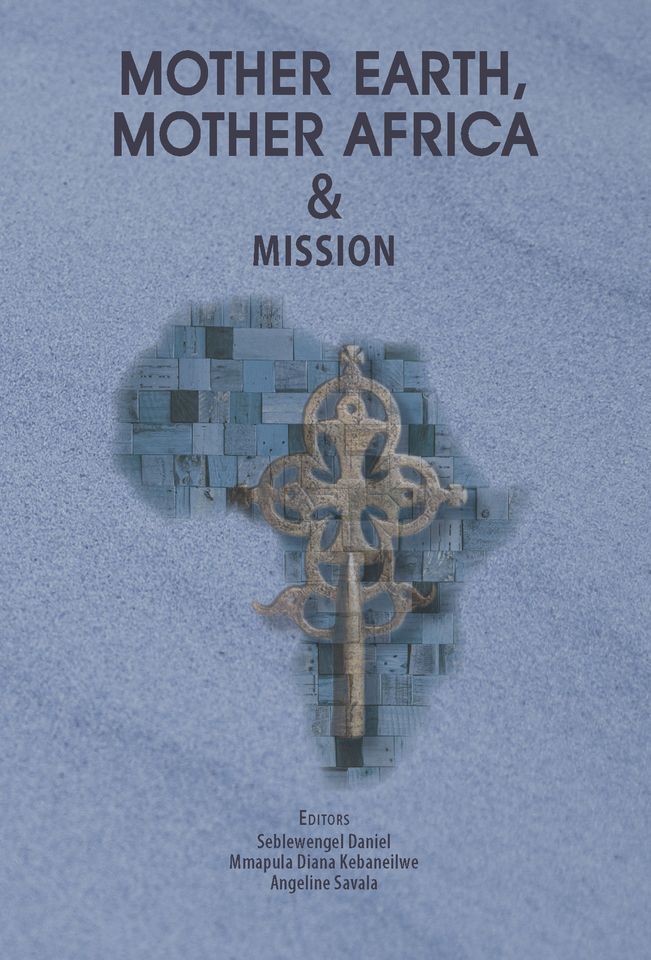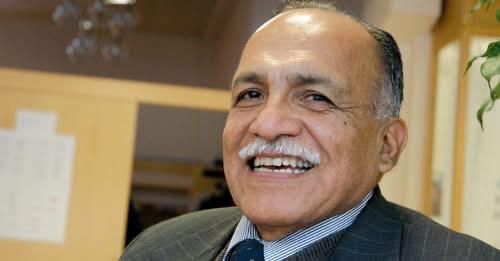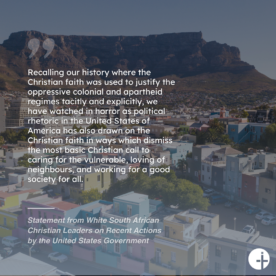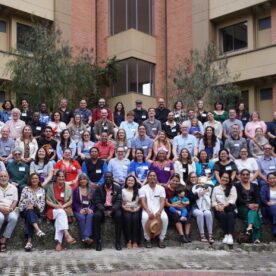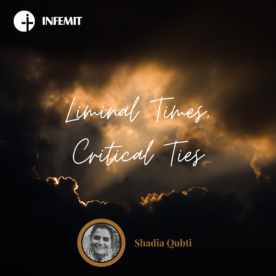Edited by Seblewengel Daniel, Mmapula Diana Kebaneilwe, and Angeline Savala
We’re excited to share about this recent publication that was edited by INFEMIT Networking Team member, Seblewengel Daniel, along with Mmapula Diana Kebaneilwe and Angeline Savala. We invite you to read the brief overview below and listen to the authors and editors as they discuss their work in a virtual book launch.
“The volume is significant in bringing together voices of African women theologians and their allies on the urgent topic of ecology. First, it decisively intervenes into scholarly discourses on ecofeminism by highlighting the reflections of African women scholars and African women as subjects. This function of the volume is very important both at local and global levels. Second, it contributes to contextualizing of scriptural interpretation around the issue of ecology. Biblical reflection occurs throughout the volume and is put into dialogue with African traditions, with ecofeminism, with Africa-based mission projects, and with the current crisis of sustainability and African women’s roles in protecting the earth. Third, the volume includes several concrete case studies based on interviews and grassroots qualitative research, as well as especially original articles that integrate biblical exegesis of Genesis with reflections on patriarchal legal systems in Botswana, and an original take on “male headship” in relation to ecofeminism.” Dr. Dana L. Robert (Boston University)
This publication is one of a number of publications that were born out of the 5th Pan African Circle of Concerned African Women Theologians conference, which was held in Gaborone, Botswana in July 2019. The theme of the conference was “Mother Earth and Mother Africa in Theological, Religious, Cultural, and Philosophical Imagination”.
Climate change and the subsequent global warming have devastated the earth and there is an impending ecological crisis threatening the twenty-first century inhabitants of planet Earth. As a member of the global Earth community, Africa has not been spared from the ravages of the ecological crisis of the present era.
This book calls for re-imagined perspectives: targeted at achieving a different and more balanced world than is currently the case and constructs a three-way intersection between ecology, gender, and mission. Mission re-imagined calls for a reassessment of especially communities of faith (and everyone else), to ask themselves what it really means to be a people of faith in this age of globalization and climate change. How should scriptures/texts be re-read in the light of the global environmental crisis? What does it mean to do mission? What is salvation? How is the Divine/God imagined in the Creation community? How should gender relations be imagined so as to harmonize and heal all relationships? The above are some of the pivotal questions that the papers in the proposed edited volume seek to address.
In the first section of this book, “Re-imagining Theological Perspectives on Women and the Earth”, authors explore theological aspects of re-thinking and re-reading biblical texts in the light of environmental oppression and gender injustice. The overarching theme in this section is the interrogation of what salvation means and what it might mean in a world so characterized by environmental degradation and marginalization of women.
In the second section of this book, “Re-imagining Women’s Oppression and the Earth”, authors pick up the theme of Mother Earth and Mother Africa. By further illustrating the interconnection between the oppression of Mother Earth and Mother Africa, where the latter is represented in the oppression of African women, the authors provide examples from their different contexts.
The final section of this book, “Re-imagining Women as Change Agents Who Care for the Earth”, pays special attention to women as capable agents of change in the environmental crisis.
View and purchase the ebook here
Watch the Book Launch
The views and opinions expressed in this content are those of the authors/contributors and do not necessarily reflect an official position of INFEMIT. We seek to foster reflection through conversation, and ask you to be respectful and constructive in your comments.
